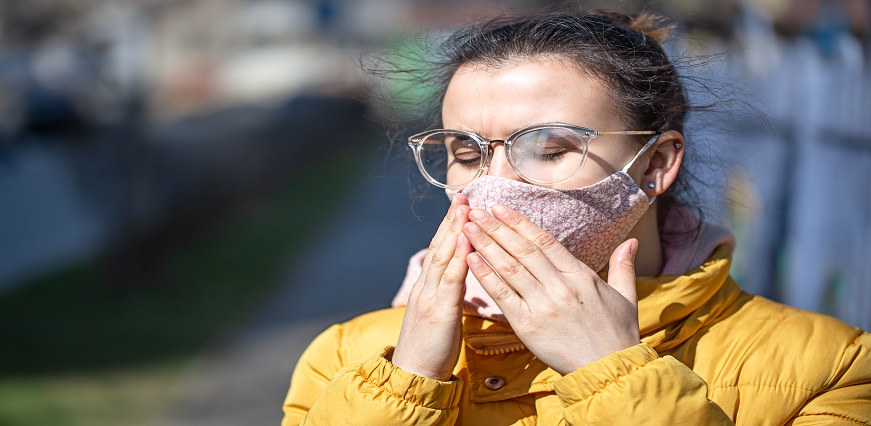


Max Lab
May 15, 2023
Do you find yourself sneezing, coughing, and experiencing itchy eyes whenever you clean your home or come into contact with dust? You could be suffering from a common condition known as dust allergy. This type of allergy is caused by tiny particles found in the air that we breathe every day. While not life-threatening, it can cause discomfort and affect your quality of life. In this blog post, we will explore the symptoms, causes and treatment options for dust allergy to help you better manage this pesky condition. So sit back, relax and let's dive into everything you need to know about dust allergies!
Dust allergy is a common respiratory condition that occurs when your immune system overreacts to the presence of dust particles in the air. Dust particles are tiny microscopic substances that can easily be found in our homes, offices, and outdoor environments.
The most common symptoms are:
Environmental factors like pollution or smoke may aggravate pre-existing respiratory conditions which then results in exacerbating overall allergy symptoms.
Treatment for dust allergy involves a combination of medication and avoiding exposure to allergens. Over-the-counter antihistamines such as loratadine and cetirizine can help relieve symptoms like sneezing, itching, and runny nose.
Nasal corticosteroids are also effective in treating inflammation in the nasal passages caused by allergies. These medications are available both over-the-counter and by prescription.
In severe cases, immunotherapy may be recommended. This involves gradually exposing the patient to small doses of the allergen over a period of time until their immune system builds up a tolerance.
Preventing dust allergy is essential to avoid the unpleasant symptoms that come with it. Here are some tips you can follow to reduce your exposure to allergens and prevent dust allergies.
Firstly, you should keep your home clean and free of dust as much as possible. Vacuum regularly using a HEPA filter vacuum cleaner, which helps trap small particles such as pet dander, pollen, and dust mites. Avoid sweeping or dry-dusting surfaces since this can stir up particles into the air.
It's also important to wash beddings, curtains, and other fabrics in hot water weekly. This helps kill any existing allergens on these items.
In addition to cleaning your home frequently, consider investing in an air purifier with a HEPA filter. It will help eliminate airborne allergens present in the room.
Maxlab offers an exhaustive list of tests for a comprehensive diagnosis of your health. Take a look at Allergy Profile Test for detecting allergy in the body.
Dust allergy can be a frustrating and uncomfortable condition to deal with. However, there are steps you can take to manage your symptoms and reduce your exposure to allergens.
If you suspect that you may have a dust allergy, it's important to see a doctor or an allergist for proper diagnosis and treatment options. With the right medications and lifestyle changes, most people with dust allergies can effectively control their symptoms.






Comments